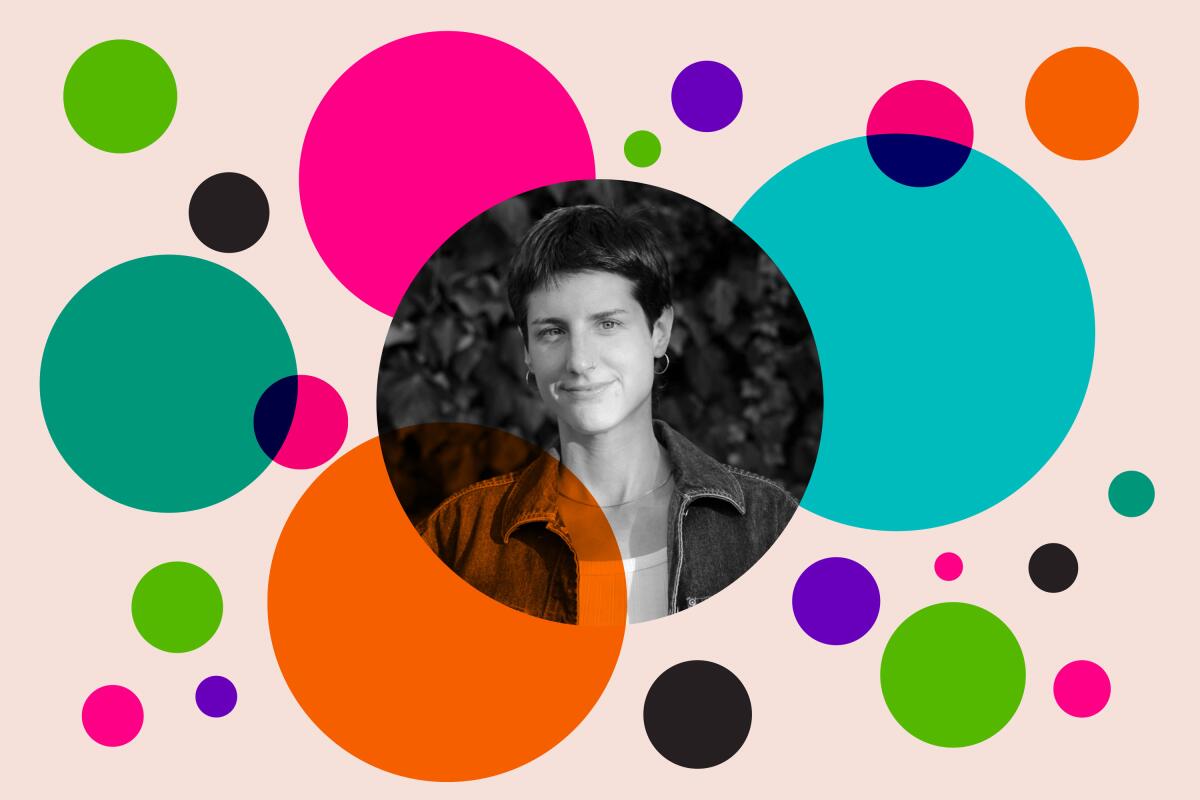A goodbye to Group Therapy, a mental health newsletter driven by the curiosity of readers

- Share via
Dear readers,
This newsletter started with the heartfelt desire to provide a unique resource we wished we had — one that was driven by your curiosity and the humbling awareness that there are many different ways to think about mental health.
There were lots of unknowns. We didn’t know if Group Therapy would resonate or if anyone would send us questions. But you did. So many wonderful questions! I’ve been moved over and over again by your thoughtfulness and vulnerability.
Because of you, we’ve been able to explore a vast and fascinating range of topics since we launched Group Therapy in August 2022. We answered your questions about how antidepressants work (or don’t work, for many people), the loneliness of being immunocompromised in the age of COVID-19, and why gender exploration is good for everyone. We gave you perspectives on Alcoholics Anonymous and alternative programs, and you sent us your own experiences with AA. You asked us about issues and policies that affect your community — like why our mental health system keeps failing our most vulnerable neighbors — or the world at large (one of my favorites in this vein was our piece on the role of hope in social change). And we looked to the future of mental healthcare, like in our three-part series on psychedelic-assisted therapy.
I’m so sad to say that this will be our final edition of Group Therapy. As many of you know, I spent the last few years training to become a therapist, and now I’m leaving The Times to practice psychotherapy full-time. Thank you all for being such a big part of my education.
I hope you all will continue to use Group Therapy as a resource. You can access all the newsletters here.
Stay curious,
Laura
Group Therapy is for informational purposes only and is not a substitute for professional mental health advice, diagnosis or treatment. We encourage you to seek the advice of a mental health professional or other qualified health provider with any questions or concerns you may have about your mental health.
Get Group Therapy
Life is stressful. Our weekly mental wellness newsletter can help.
You may occasionally receive promotional content from the Los Angeles Times.




